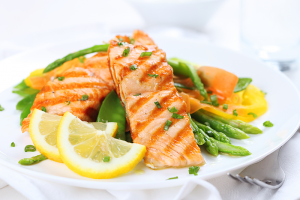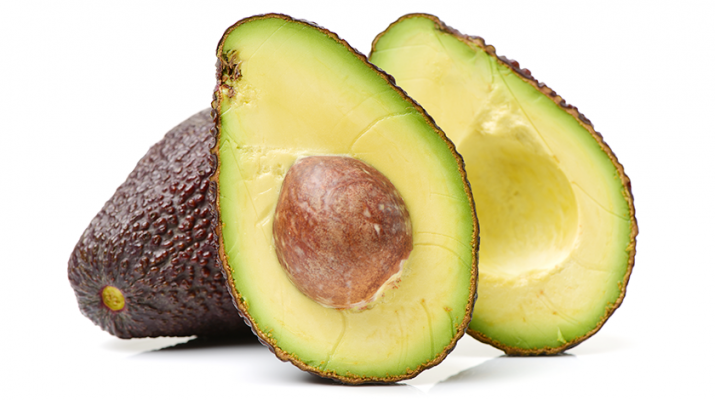Three experts talk about the best food you can eat to protect your heart
By Deborah Jeanne Sergeant

Concerned about heart disease? What you eat can make a difference regarding your risk. Along with other lifestyle factors, diet can raise or lower your changes of heart disease.
Mary Jo Parker, registered dietitian nutritionist in private practice in Williamsville:
• “A plant-based diet like the traditional Mediterranean diet is very heart healthy. The way they eat is that primarily increasing the intake of vegetables of all colors and textures.
• “Half the plate should be filled with vegetables and some fruit, on-quarter with protein and one-quarter with starch. I tell people to look for lots of variety in the produce section. What they’re getting is a lot of fiber as well as the micronutrients we’re familiar with, and also what we call phytochemicals, which are chemicals naturally occurring in plants. Those are protective as well. Some people think about foods having anti-oxidant and anti-inflammatory properties, and those are foods in these categories as well as whole grains.
 • “Grains that are heart healthy would be what a lot of people call ‘ancient grains’ and wheat that is the entire kernel, the germ and the bran, to get the healthy oils in those.
• “Grains that are heart healthy would be what a lot of people call ‘ancient grains’ and wheat that is the entire kernel, the germ and the bran, to get the healthy oils in those.
• “Avoid the processed snacks and sweets. We know that dark chocolate is heart healthy because of the natural flavanoids that provide protection, but dark chocolate is high in sugar. Foods that are full of processed flour, oil, trans-fats or are deep fried, and salty foods: these are things that are pro-inflammatory. They’re contrary for heart health. Those would be things that should be kept minimal.
• “For beverages, water, low-fat or non-fat dairy or dairy alternatives like soy milk and almond milk. You could also have unsweetened green tea, black or white tea. A little coffee isn’t a problem for the heart. Try flavored water without sweeteners. Typically, I tell people to shy away from soda and from juice because it doesn’t have the fiber. Fruit juice offer a good infusion for flavoring water. Or use Stevia for a sweetening agent.
“Herbs and spices can be anti-inflammatory, like oregano, basil, black pepper, and certainly garlic and onions. use the powders, not the salts to keep their sodium intake down.
Kathryn Townsend, Kathryn, registered dietitian at Neighborhood Health Center, Buffalo:
• Foods like chips, frozen meals, canned soups are usually high in sodium. Sodium can lead to high blood pressure, which increases risk of heart attack and stroke.
• “Limit alcohol. One drink for women and two for men is proven to be okay, but any higher intake puts you at higher risk. Some research said that antioxidants were thought to be helpful in a glass of red wine but it’s shown that it’s not that helpful. Limit wine. Imbibe if it’s just a special occasion.
Erin Burch, registered dietitian and owner of Erin Burch Nutrition in Buffalo:

• “Avoid eating a lot of processed foods and junk foods, diet drink, and juices. Sugar is a big contributor to diabetes, and heart disease.
• “Limit hydrogenated fats in processed oil, shortening and margarine. I recommend avocado oil and coconut oil. They’re non-oxidized oils which limit inflammation. It’s an inflammatory disease process more than clogging up our arteries with fat.
• “Eat lean animal protein: fish, turkey, chicken, and lean cuts of lamb and red meat. Eat nuts and beans. Lean proteins are very important for blood sugar balance.
• “Eat protein with every meal to avoid sudden increase in blood sugar spikes which is important even if you’re not a diabetic.
• “Try to eat every 3 to 4 hours, about 5 to 6 small meals per day.
• “Fiber is important in general for heart health. Good sources are whole grains, like quinoa and oatmeal, beans, fruits and vegetables with their skins, nuts and seeds. They help lower cholesterol and risk of heart disease.”

